The Samsung Galaxy Note 20 series has officially been unveiled, so Samsung has completed its range of top-end phones for the year with two stylus-toting premium handsets.
Alongside the Galaxy Note 20 Ultra, the standard Note 20 offers some top-end features and specs in a phone that's going for an eye-watering price - the company really has gone all-out for these handsets.
So now Samsung is mostly done for the year, we've started looking towards its first expected flagship of 2021 - namely, the Samsung Galaxy S30, which we're expecting to land in February.
- What we know about the Samsung Galaxy S30
- Check out our Samsung Galaxy Note 20 review
- These are the best Samsung phones
We don't know much about that upcoming smartphone just yet - but maybe we do? Is it possible that Samsung left hints and clues in the Galaxy Note 20 that could point us towards what the future phone will be like, like some kind of Dan Brown-esque plot?
Probably not, but we can still analyze the phone to try and determine if anything in the Note 20 points towards the Galaxy S30 - think more predictions than secret codes.
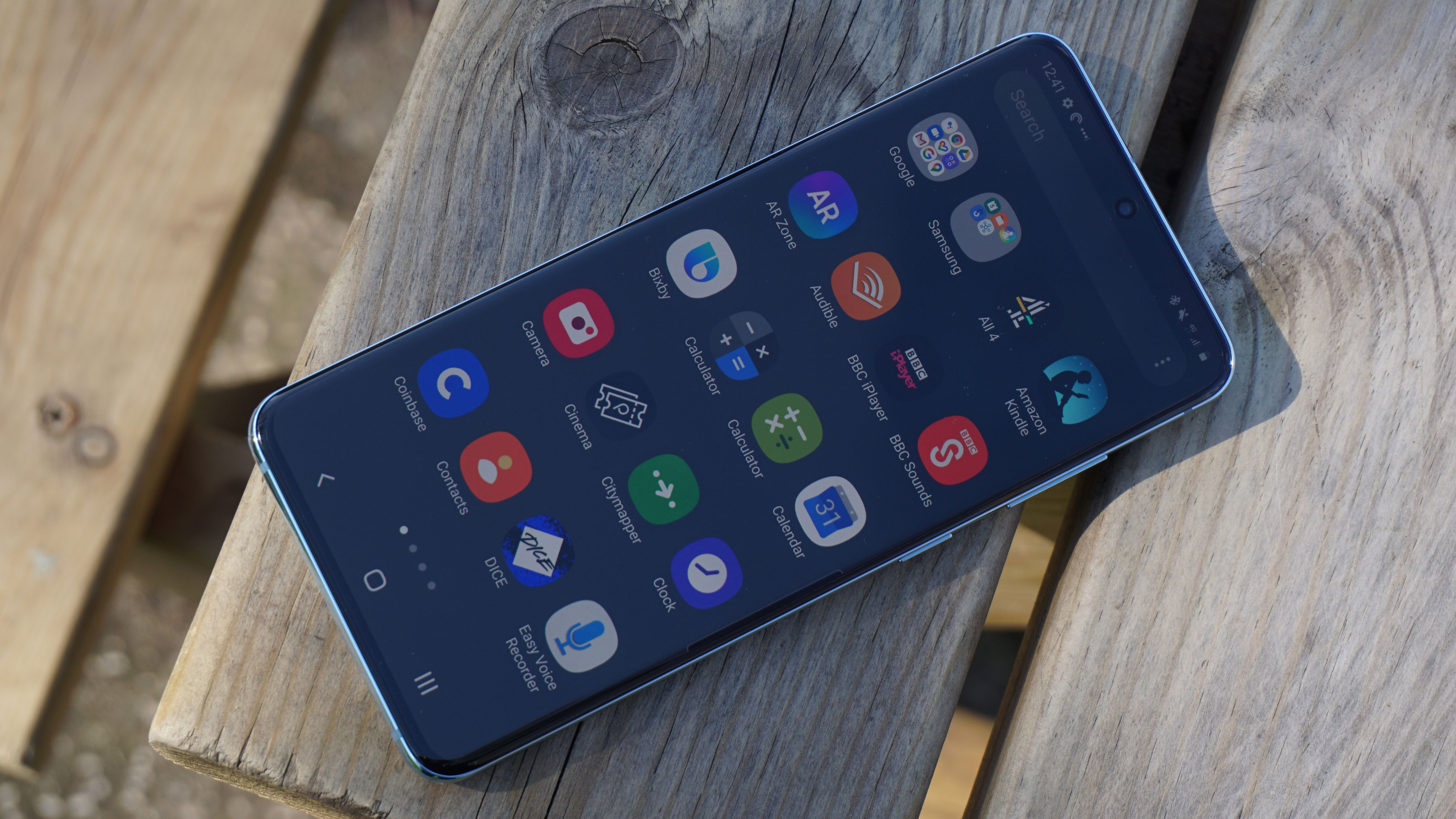
1. The Samsung Galaxy S30 will have at least three years of Android support
We're not so much reading between the lines as reading the lines themselves when we say the Samsung Galaxy S30 will probably be supported by Android updates for at least three years when it launches.
At the Galaxy Note 20 event Samsung announced this would be the case for the Note 20 range, as well as the S10 and Note 10 devices, and we'd be very, very surprised if this didn't end up being the case for the S30 handsets too.
So we'd expect the Samsung Galaxy S30 to launch with Android 11 built in, as that will be the newest Android operating system upon release, and it will almost certainly get up to Android 14 at least, if not more updates.
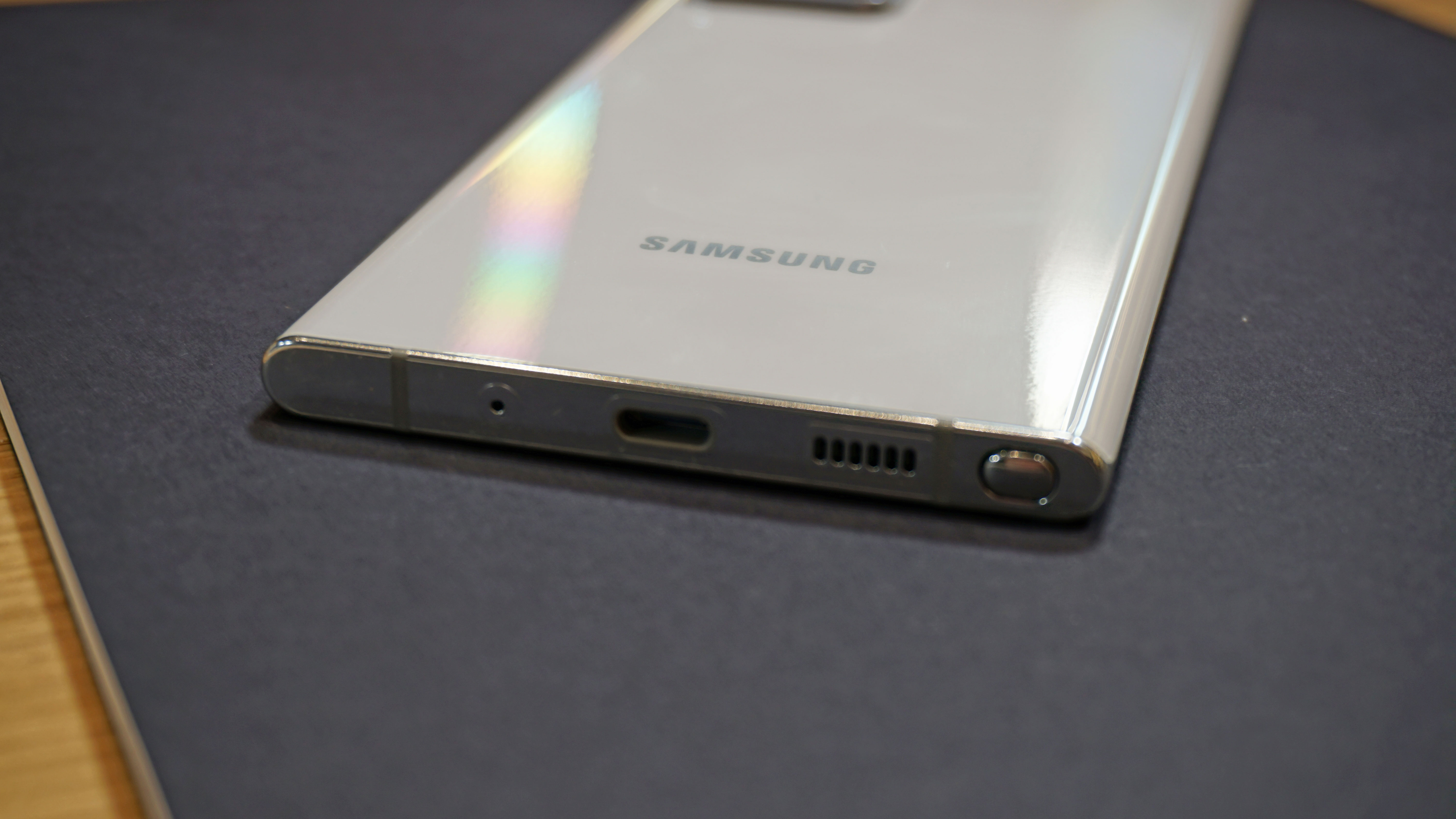
2. Could flat-edge displays be coming back?
The Samsung Galaxy Note 20 (standard, not Ultra) was the first high-end, mainstream Samsung phone in many years to have a display with flat edges, as the company has been using curved screens for years.
This follows on from the Samsung Galaxy S20 devices which had screens which weren't as curvy as their predecessors, and it's got us thinking that maybe the company isn't totally committed to curvy screen edges.
Curved-edge displays are a love-it-or-hate-it piece of tech, with some liking the way it makes a phone feel in the hand, and others finding it's too easy to accidentally press parts of the display when it curves.
If the Samsung Galaxy S30 does have a screen that curves at the edges, we definitely wouldn't expect it to be a dramatic taper like in the Oppo Find X2 or Motorola Edge, at least.
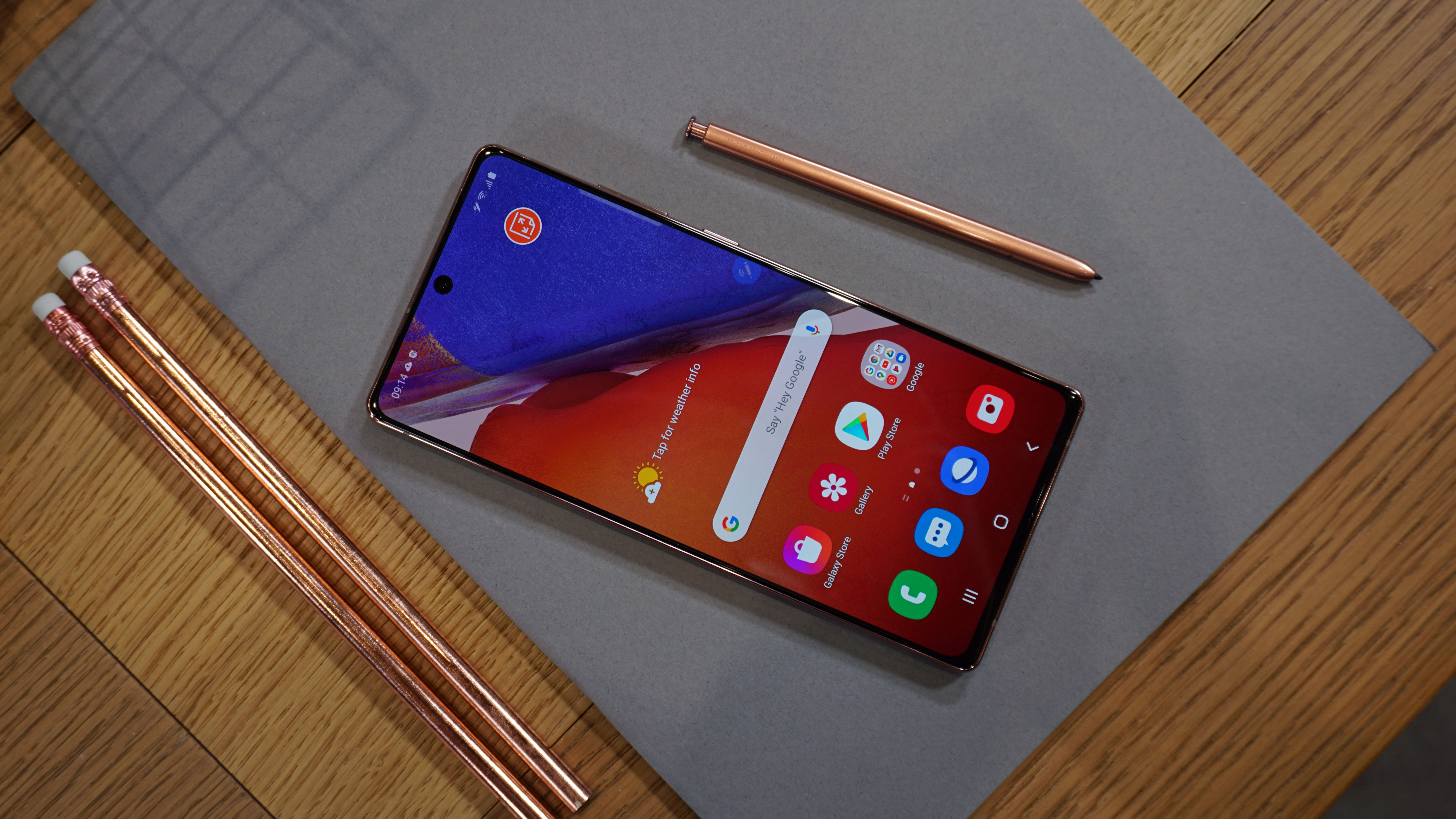
3. The screen quality is no longer the focus
One of the main things Samsung phones are known for, whether that's Galaxy S, Galaxy Note, or even affordable Galaxy A devices, is having impressive displays - but the company seemed to drop the ball with the Galaxy Note 20.
The Samsung Galaxy Note 20 has a screen that's Full HD+ resolution, with a 60Hz refresh rate - both of these specs are below the Note 20 Ultra and all the Galaxy S20 phones, which have 120Hz refresh rates and QHD+ displays.
This was, of course, an intentional decision - it's not like a huge tech corporation could just 'forget' to use top specs - which makes it seem like Samsung no longer prioritizes top-end display tech in its smartphones.
Maybe in the standard Samsung Galaxy S30 we'll see the lower-end model come with equally low display specs, in order to keep the price lower than its siblings.
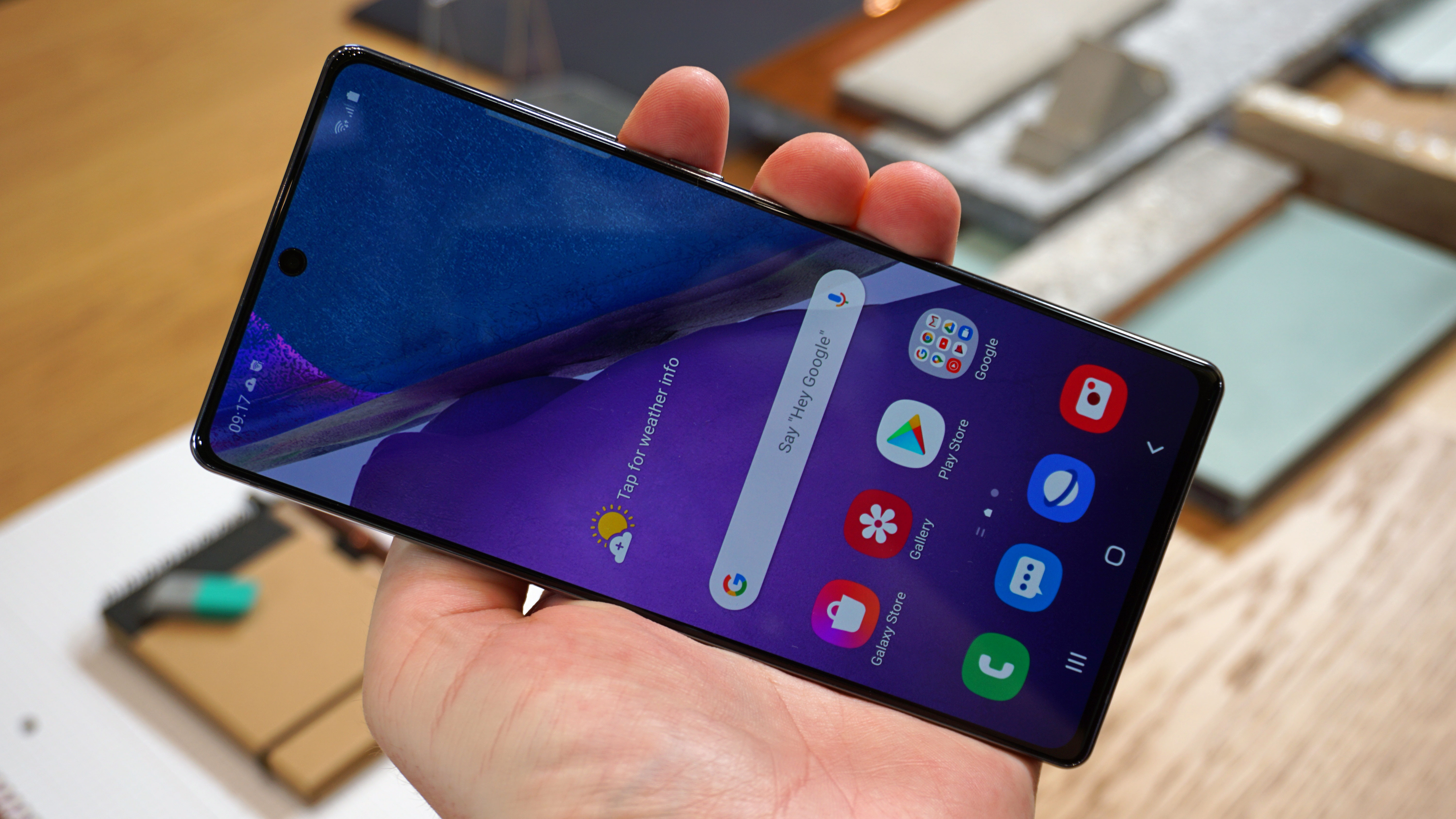
4. Big chipset changes - in some regions
Samsung phones in most regions use Qualcomm Snapdragon processors, but in Europe the handsets use Samsung's own Exynos chipsets.
The Galaxy Note 20 devices that use Snapdragon components got a newer chipset than the S20s, as they used the Qualcomm Snapdragon 865 Plus whereas the S20 range doesn't have the Plus version. However in Exnyos regions, the Exynos 990 was used for both lines of phones.
So what have Samsung's engineers been doing for half a year? Well, the answer's probably not nothing, and when the Galaxy S30 range launches they'll have had a year to develop the Exynos 1000, or whatever the next chipset ends up being called.
If that time's been put to good use, the Samsung Galaxy S30 could have much faster processing power than the S20 and Note 20. Alternatively maybe Samsung will finally drop the Exynos processors as fans have been begging - they're generally slow and not very power efficient compared to the Snapdragons - and we'll see the Snapdragon 875 in the S30.
Either way, we'd expect the new phones to be much, much faster.
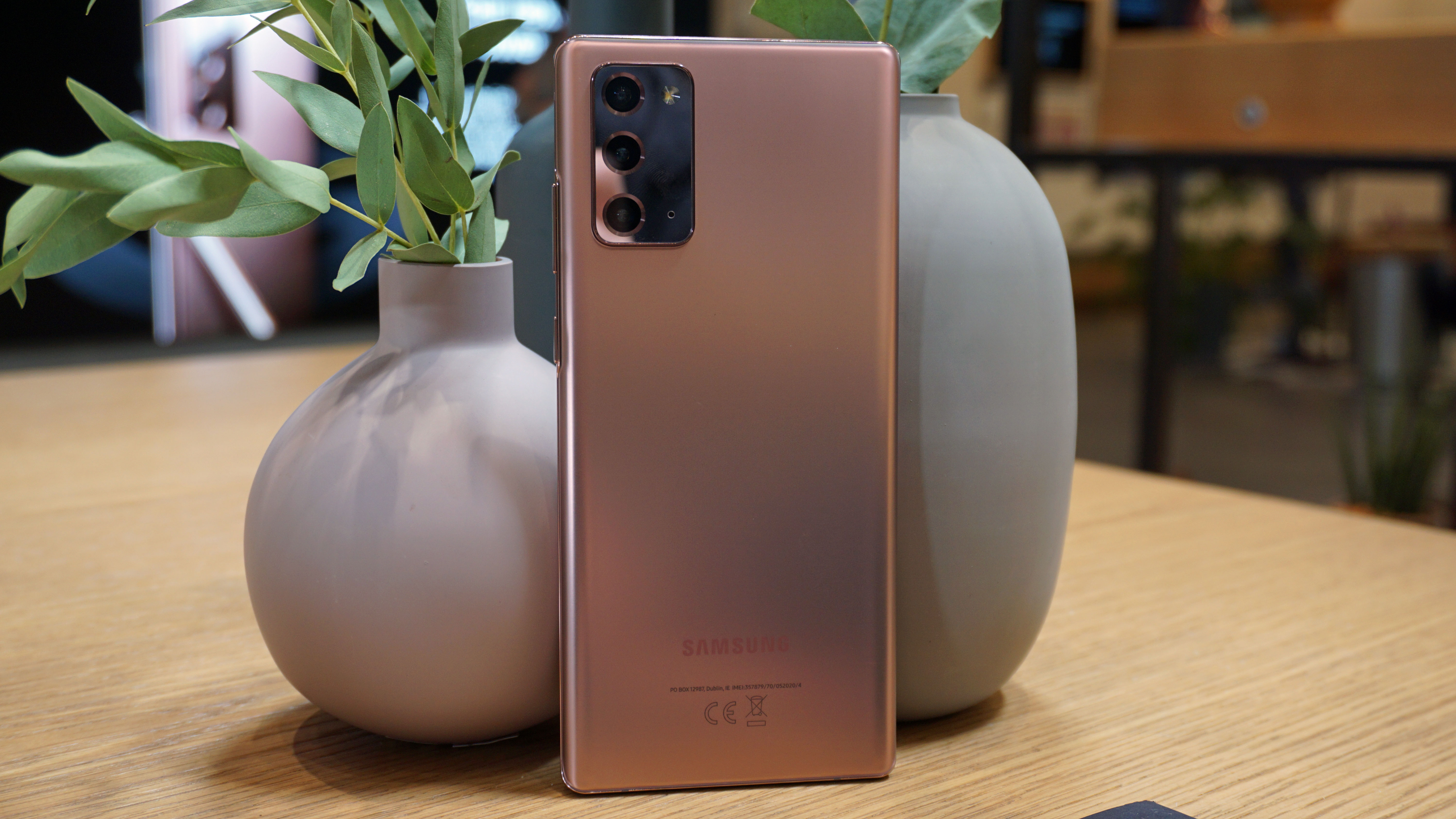
5. A special new color
At Samsung Unpacked 2020, where the company unveiled the Note 20, Galaxy Tab S7, Buds Live and Galaxy Z Fold 2, it pushed something harder than any of those pieces of tech - its new color, 'Mystic Bronze'.
Samsung made sure to point out that each of its new products was available in this coppery color, and repeatedly asserted how it was the 'color of 2020'.
It's possible the company will do exactly this again in February for its next Unpacked event, and unveil every piece of tech in one unified color. We'd expect three Galaxy S30 phones, perhaps a Samsung Galaxy Z Flip 2, and possibly Galaxy Buds Live Plus or Galaxy Buds 2.
By releasing each of these products in the same color, the company would create a distinctive visual style that would be instantly recognizable for phone fans.
- Samsung Galaxy Note 20 vs Galaxy Note 10: we compare the stylus-toting smartphones
- Samsung Note 20 deals: discover today's best prices on the new phone
from TechRadar - All the latest technology news https://ift.tt/33HHIvO




0 Comments